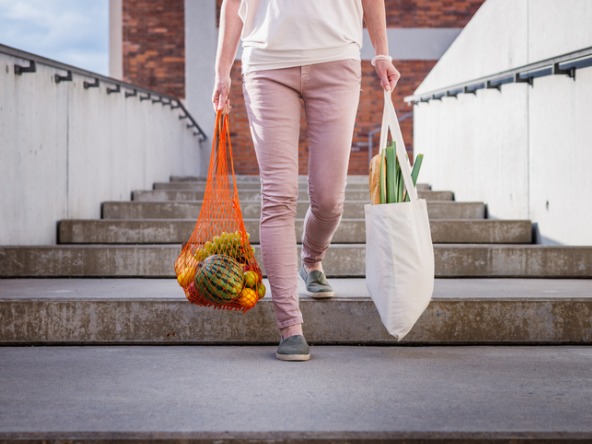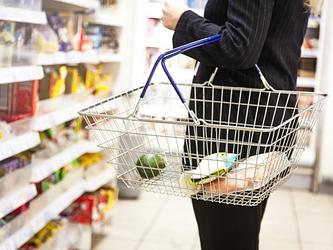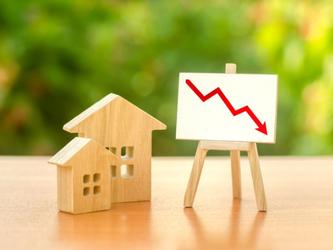Inflation hitting sustainable shopping, survey suggests

The research, based on surveys of 1,200 consumers split evenly between the UK and Germany and featured in the 2022 consumer trends in sustainability report, found that sustainable packaging and local ingredients were the most important consideration for a fifth of UK shoppers, with three-quarters saying they wanted to shop more sustainably.
However, more than half of those surveyed in the UK said money was a barrier to them adopting more sustainable shopping.
The majority ( 79%) of British shoppers said that decisions about food and drinks brands were led by price, while taste was the top choice in Germany ahead of cost ( 69%).
One in five UK consumers and one in four German consumers actually followed through and made planet friendly choices that prioritised sustainable packaging and buying products with local ingredients, according to the research.
German shoppers were more likely to prioritise buying products with local ingredients, with 39% choosing to do so compared with 19% in the UK.
Around three quarters of shoppers actively attempt to reduce waste ( 77% in the UK and 71% in Germany) and more than half ( 51% in both countries) plan to buy less plastic, according to Quantilope’s surveys.
In both the UK and Germany, 34% of survey respondents said they were willing to pay more taxes if they are used for environmental protection purposes, although 39% were opposed and 27% were neutral on the idea.
Peter Aschmoneit, chief executive and co-founder at Quantilope, said: “While consumers expect brands to take responsibility for the sustainability of their products, they are more than willing to do their bit to save the planet.
“However, there are barriers that need to be removed, or reduced, to make sustainable behaviours easier; money is the biggest barrier with uncertainty about what is sustainable and limited access to sustainable products also reducing sustainable actions.”

We hope you enjoyed this article.
Research Live is published by MRS.
The Market Research Society (MRS) exists to promote and protect the research sector, showcasing how research delivers impact for businesses and government.
Members of MRS enjoy many benefits including tailoured policy guidance, discounts on training and conferences, and access to member-only content.
For example, there's an archive of winning case studies from over a decade of MRS Awards.
Find out more about the benefits of joining MRS here.














0 Comments